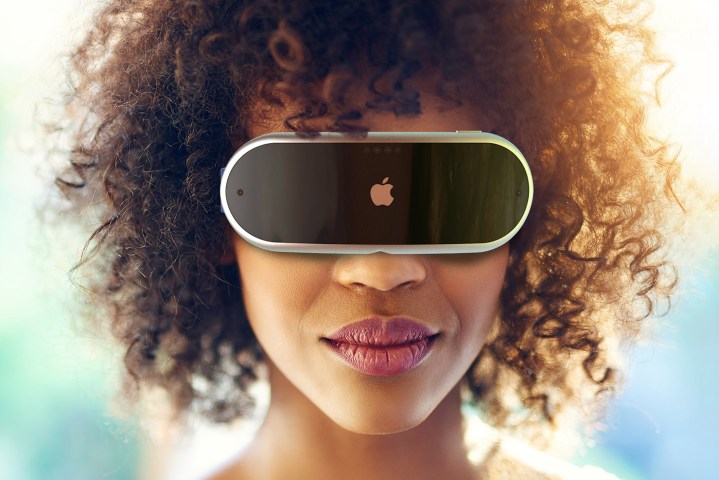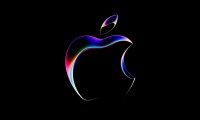
Rumors suggested that WWDC would have featured more product announcements, possibly even Apple’s first augmented reality (AR) headset. However, after being a no-show at the conference, the Apple AR headset will now be delayed until the second quarter of 2022.
Reportedly, Apple has been planning to debut its very own AR gear, following in the footsteps of Facebook and Sony. The company announced it would release an initial “mixed-reality” device in 2021 or 2022 followed by AR glasses around 2025.
Bloomberg’s Mark Gurman predicted in March that the Apple AR headset could be released in the “next several months.” However, the absence of any updates from Apple and its no-show at yesterday’s WWDC keynote point towards a delay.
According to analyst Ming-Chi Kuo’s early predictions, the Apple AR headset was supposed to be available to purchase in 2021, but in March of this year, he changed the date to 2022.
“We predict that Apple will launch AR HMD devices in 2022. The device will provide a video see-through AR experience, so the lens is also needed, and Genius is also a key supplier,” he said at the time.
The unusually long gap between its announcement and release could be explained by the fact that this is Apple’s first attempt at AR. Since the company is new to this field, it wants to give developers some time to prepare for an entirely new platform. Reports suggest that it will be a premium product aimed at developers, rather than a consumer device.
Kuo’s report on the Apple AR headset also mentions a promising future for Genius Electronic Optical, one of Apple’s key suppliers. It talks about the iPhone 13, commenting that Genius will be the only supplier for its wide-angle and telephoto camera lenses. While Largan was another major supplier for Apple, a recent gaffe it made has led to Apple temporarily suspending its shipment agreement with them. The slipup on Largan’s part means that Genius will exclusively be shipping around 65% to 70% of these parts, which translates to it holding a whopping 40% to 50% of the components’ market share.




